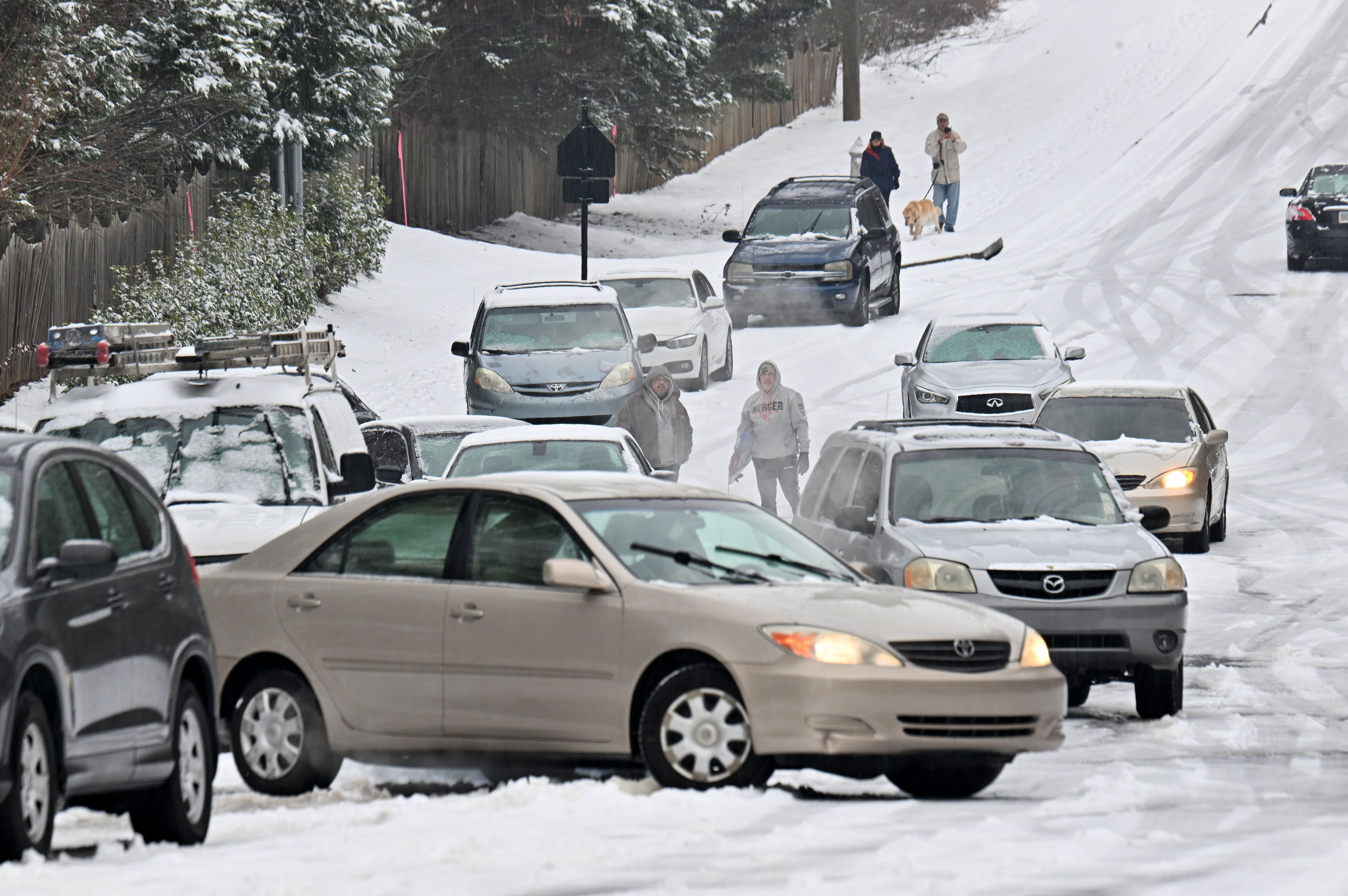ICE won’t identify the criminals it is releasing in Georgia, U.S.
So what happens when the U.S. government seeks to deport immigrants without legal status and their native countries won’t cooperate?
Under a 2001 U.S. Supreme Court ruling, federal immigration authorities are prohibited from indefinitely detaining them. So they must let them go.
But there's a problem: Some are violent criminals. And the government is not automatically notifying all of their victims before releasing them. Plus, some who are released fail to routinely check in with the government as required and disappear. Others go on to commit more crimes.
Further, federal immigration officials won’t identify the ones they are releasing, citing privacy reasons. And that’s despite the fact that their names, criminal records and even their photos are a matter of public record in local jails and courts.
More Stories
The Latest



